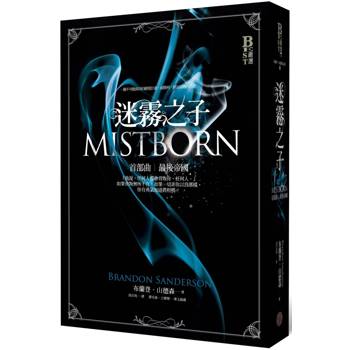Trees are special, being bigger than us both physically and metaphorically. Trees: Woodlands and Western Civilization is an account of our relationship with them. Adam and Eve were expelled from Eden for eating from the Tree of Knowledge and the great tree Yggdrasil was central to Norse mythology. Tacitus, followed by German nationalists and historians of liberty, located freedom in the German forests. Medieval forests were both protected hunting parks and the refuge of Robin Hood. Shakespeare contrasted the simplicity of life in the Forest of Arden with the artificial manners of the court, and indeed poets from Virgil to Hardy have drawn inspiration from trees. While eighteenth-century aristocrats controlled trees in plantations around their houses, Romantics delighted in vast untamed forests, and the American Henry Thoreau withdrew into the woods to reintegrate himself with nature. Throughout history, our views of trees have been affected by the changing use of woodland and the effects of deforestation and urbanisation. How we see trees today will dictate how trees are treated in the future.
| FindBook |
有 1 項符合
Trees: Woodlands and Western Civilization的圖書 |
 |
Trees: Woodlands and Western Civilization 作者:Hayman 出版社:Bloomsbury Publishing PLC 出版日期:2007-08-30 語言:英文 規格:平裝 / 261頁 / 22.6 x 15.7 x 2.3 cm / 普通級 |
| 圖書館借閱 |
| 國家圖書館 | 全國圖書書目資訊網 | 國立公共資訊圖書館 | 電子書服務平台 | MetaCat 跨館整合查詢 |
| 臺北市立圖書館 | 新北市立圖書館 | 基隆市公共圖書館 | 桃園市立圖書館 | 新竹縣公共圖書館 |
| 苗栗縣立圖書館 | 臺中市立圖書館 | 彰化縣公共圖書館 | 南投縣文化局 | 雲林縣公共圖書館 |
| 嘉義縣圖書館 | 臺南市立圖書館 | 高雄市立圖書館 | 屏東縣公共圖書館 | 宜蘭縣公共圖書館 |
| 花蓮縣文化局 | 臺東縣文化處 |
|
|
圖書介紹 - 資料來源:博客來 評分:
圖書名稱:Trees: Woodlands and Western Civilization
|










